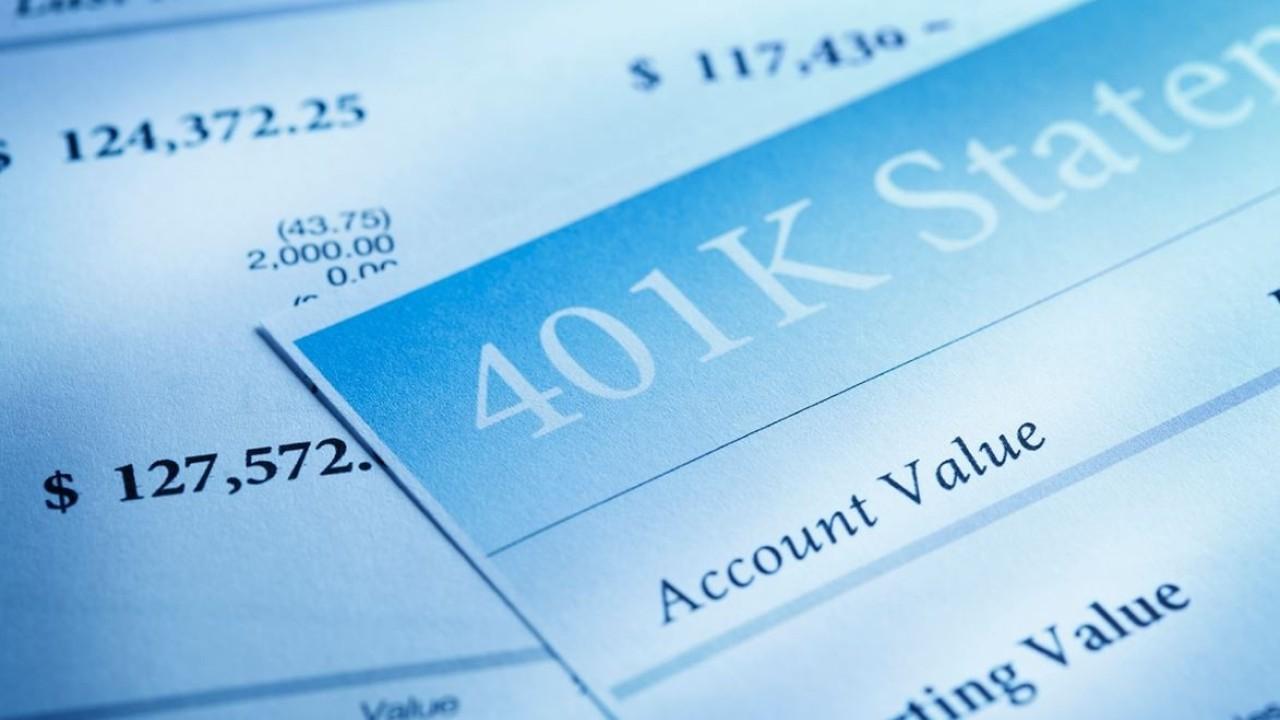How many Americans live paycheck to paycheck?
New survey shows a majority of Americans do not have an emergency fund
While the U.S. economy is strengthening – and Americans’ wages are rising – many are having trouble saving for retirement.
According to a new survey from the First National Bank of Omaha, more than half (53 percent) of respondents said they do not have an emergency fund that covers at least three months of expenses.
Meanwhile, 49 percent of Americans say they expect they will be living paycheck to paycheck this year.
RENTING AN APARTMENT? HERE’S THE CREDIT SCORE YOU NEED
WHICH STUDENT LOANS SHOULD YOU PAY OFF FIRST?
“For individuals and families in the early stages of saving, building that emergency fund should always be a top priority, and using a high-yield savings account is often the best way to do that,” Jerry J. O’Flanagan, executive vice president, First National Bank of Omaha, said in a statement.
And when it comes to longer-term saving, 37 percent of people said they had no plans to stash cash away for retirement.
GET FOX BUSINESS ON THE GO BY CLICKING HERE
Despite the aforementioned data, more Americans were optimistic about their financial prospects for the coming year. Nearly 60 percent said they expect to earn more this year – and 63 percent said they expect to save more.
When it comes to financial priorities, increasing savings was the most cited goal, followed by sticking to a budget. Only 10 percent of people said they planned to prioritize contributing to their retirement savings.
As previously reported by FOX Business, the Trump administration is looking to help more Americans make retirement saving a priority. The Tax Cuts 2.0 package – which is expected to be released by September – could include a proposal known as USA accounts, an effort that would combine and simplify all existing savings accounts that give tax breaks.
In terms of savings benchmarks, by the age of 50, it is recommended that an employee with a 401(k) account has five times his or her salary saved. For a worker making $100,000, that means $500,000.




















